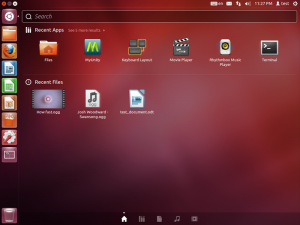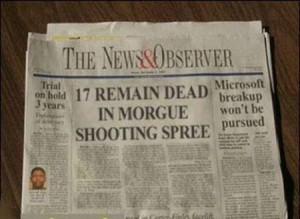Friday evening, I learned from my neighbor that two suspects who allegedly broke into my neighbor’s house have been arrested. I knew it wouldn’t take long, since the hapless burglars had fled on foot and left their getaway car in the driveway. Rumor has it that at least one of the kids was arrested when he was caught when he was breaking into another home.
Friday afternoon, I took note of a strange car making a loop down Weatherford Drive. There was a young kid in the middle of the back seat and it looked as if he were being chauffeured around. I remember from our own break-in a few years ago that police detectives will drive burglary suspects around to the homes the suspect might have burglarized, giving the suspect the opportunity to own up to each break-in. I don’t know if this is what was taking place with this kid but it made me wonder.
I haven’t heard back from my police contacts about the details of the arrests. If I get those details I’ll post them here.
Update 1:15 PM: Info on burglary suspects is here, courtesy of the Raleigh Police Department.


